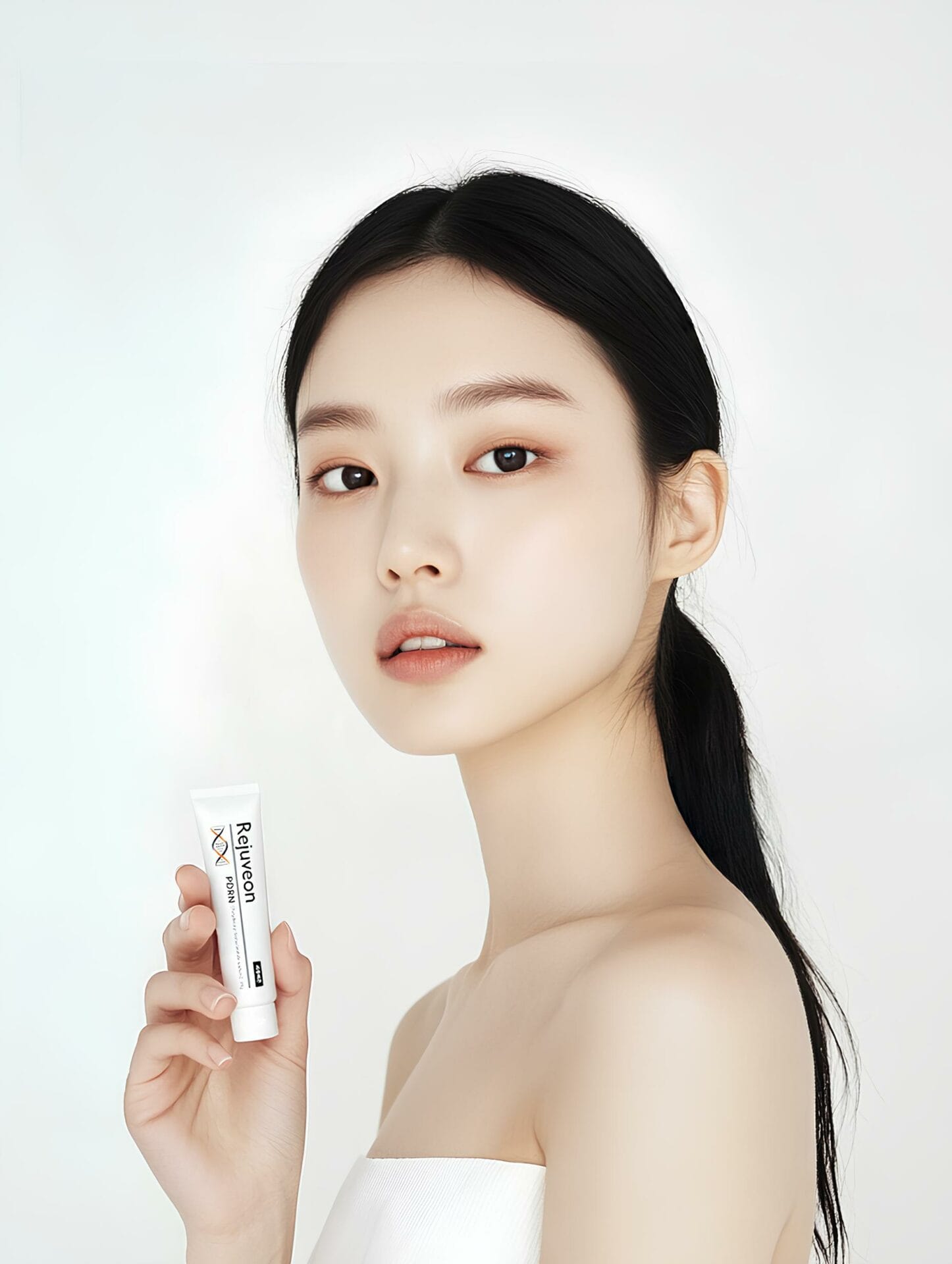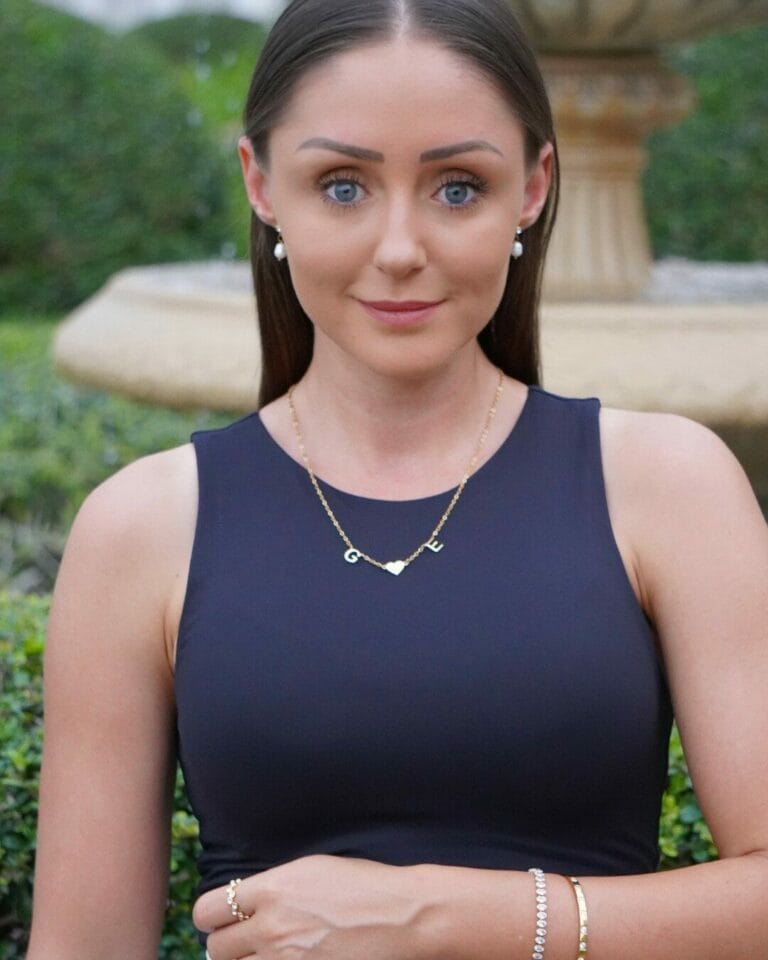Advanced Skin Regeneration for Timeless Beauty As Korean Women Use Rejuveon at Home
Discover how Rejuveon PDRN cream blends Korean skincare science and self-care for gentle skin renewal at home, supporting realistic, balanced routines

You know that feeling when you’re scrolling through your calendar, trying to squeeze in another dermatologist appointment between meetings and life? The endless cycle of booking expensive clinic visits for skin treatments, waiting weeks for availability, then doing it all again in a few months. It’s exhausting. So when Korean women started talking about a cream that promised clinic-level results from their bathroom counter, it felt like the shortcut we’d all been hoping for.
The product causing all this chatter is Rejuveon PDRN cream, and it’s built around something called PDRN – polydeoxyribonucleotide – which sounds impossibly scientific but is actually derived from salmon DNA and used in regenerative medicine to help damaged skin heal itself. Think of it as giving your skin the building blocks it needs to repair itself, rather than just sitting on top doing nothing.
What’s Behind the Buzz?
PDRN isn’t new – dermatologists have been injecting it into patients’ faces for years in Korea, where advanced skin treatments are as common as getting your hair cut. Originally developed for wound healing, it works by encouraging your skin cells to regenerate faster and produce more collagen. The idea is solid: instead of temporarily plumping or covering up problems, you’re actually helping your skin function better.
What makes Rejuveon different is that they’ve managed to get medical-grade PDRN into a cream format, combined with something called exosome technology. Exosomes are tiny messengers that help deliver the active ingredients deeper into your skin – think of them as the delivery system that actually gets the good stuff where it needs to go.
The cream is getting attention because it promises something that feels almost too good to be true: the benefits of those expensive Korean clinic treatments without the time, money or needles involved. It’s part of a broader trend where women are looking for effective skincare they can manage at home.
Can Home Care Really Compete?
Dr Park Chanwoon, a pharmacist who specialises in skin regeneration and has helped countless international visitors with their skincare needs, thinks it might be possible. ‘This cream contains medical grade PDRN in a gentle formula, so you can use it every day with confidence,’ he explains. ‘It could be a good option for anyone who wants to support their skin’s regeneration at home instead of visiting a clinic.’
The women actually using it seem cautiously optimistic. User reviews from Korean platforms consistently mention improvements in skin texture and clarity. ‘After about two weeks my skin felt smoother,’ one user noted, while another mentioned that ‘my skin looked clearer.’ These aren’t dramatic before-and-after changes, but they’re the kind of subtle improvements that actually matter in daily life.
What’s interesting is how realistic the feedback sounds. Nobody’s claiming their wrinkles vanished overnight or their pores disappeared. Instead, they’re talking about skin that feels better to touch, looks less tired and seems to bounce back faster from breakouts or irritation.
The Everyday Reality – What Matters Most?
The appeal of home-based skincare isn’t just about results – it’s about fitting self-care into a life that’s already packed. The women switching to Rejuveon PDRN cream talk about finally having a routine they can actually stick to. No booking appointments weeks in advance, no taking time off work, no sitting in waiting rooms.
There’s honesty in their experiences too. Dermatologist Dr Rachel Ho points out that while PDRN creams are popular in Korean pharmacies for their wound healing properties, the scientific evidence supporting their effectiveness comes mainly from clinical settings where PDRN is injected. The molecular size means topical absorption is limited compared to professional treatments.
This doesn’t mean the cream doesn’t work – it works differently. Instead of the dramatic improvements you might see from injections or professional treatments, you’re looking at gentler, gradual changes that build up over time. For some women, that’s exactly what they want. For others who are dealing with significant skin concerns, clinic treatments might still be the better choice.
The women who seem happiest with their switch are those who weren’t looking for dramatic change but wanted something that would help their skin look and feel healthier day to day. They’re using it as maintenance rather than as a cure-all.
Should You Try It?
The honest answer depends on what you’re hoping to achieve and how you define results. If you’re expecting the same dramatic improvements you’d get from professional treatments like Rejuran Healer injections, you’re likely to be disappointed. Technology in skincare is advancing rapidly, but home treatments still work differently from clinical procedures.
Think about your lifestyle too. Are you someone who actually follows through on clinic appointments, or do you find yourself cancelling and rescheduling until months have passed? Do you prefer gradual improvements or want to see changes quickly? Are you dealing with specific concerns that might need professional treatment, or are you more interested in general skin health?
The user experiences on skincare forums suggest that PDRN creams work best when you’re realistic about what they can do. They’re not going to replace professional treatments for serious concerns, but they might be exactly what you need if you’re looking for something that supports your skin without taking over your life.
Korean skincare culture tends to view home and clinic treatments as complementary rather than competitive. Many women use products like Rejuveon PDRN cream between professional treatments, or as a way to maintain results rather than achieve them from scratch.
Chasing the perfect skincare routine is exhausting, and the pressure to have flawless skin can make even basic self-care feel like another task on an impossible to-do list. The happiest outcomes seem to come from routines – whether they’re clinic-based or happen at your bathroom sink – that you can actually sustain without stress or guilt.
Maybe the real answer isn’t in any single product or treatment, but in finding an approach that fits your actual life rather than the one you think you should be living. Small, manageable changes that you can stick to might matter more than dramatic results that require more time, money or commitment than you realistically have to give.





